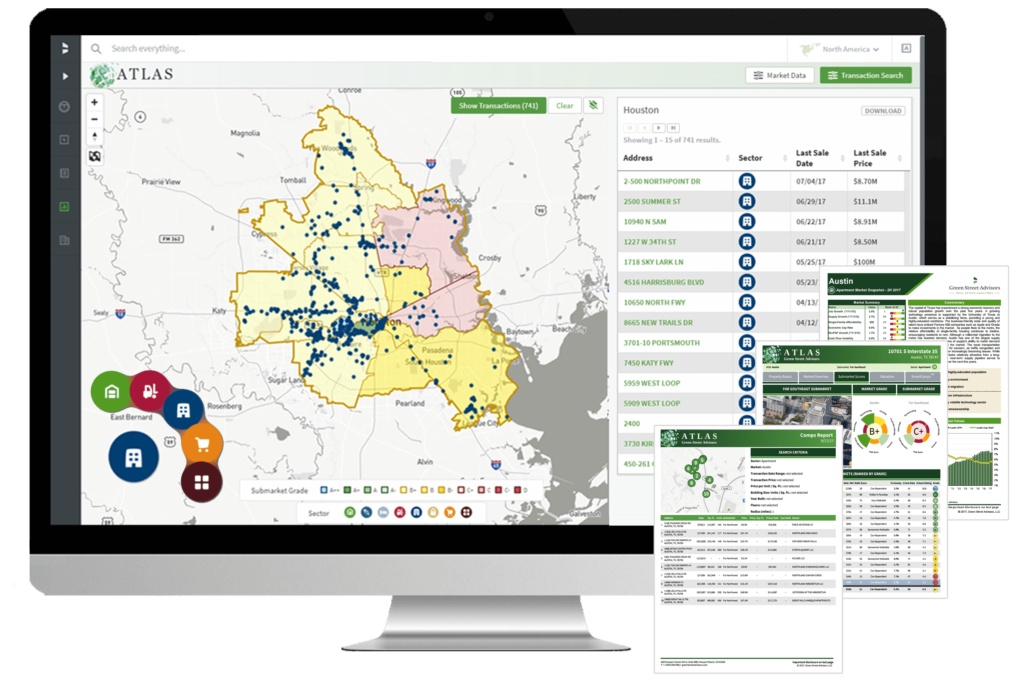Real Estate And Property Management
Real Estate and Property Management involves the buying, selling, renting, and managing of properties. It is a complex industry that requires knowledge of various regulations, market trends, and management skills to ensure successful transactions and operations.
Real Estate
Real estate technology has been rapidly evolving over the past few years, and there are several companies that provide innovative solutions for the industry. These solutions can include property management software, virtual reality tours, online property listings, mobile applications, and more.
Real estate technology services can help real estate companies streamline their operations, manage their properties more efficiently, and provide a better experience for their clients. For example, property management software can automate tasks such as rent collection, maintenance requests, and lease renewals, while virtual reality tours can allow clients to experience a property remotely, saving time and resources.
Why ZNTEKI
The goal of property management companies in the US is to achieve operational excellence, increase revenue, and manage costs effectively. However, as customers become more digitally-focused, property management companies face the challenge of digitizing their basic services such as bookings, personnel management, ticketing, and feedback collection.
To keep up with the evolving industry and changing tenant/buyer preferences, property managers need to improve their operational efficiencies while ensuring continuity in business processes and achieving a positive return on investment. Fortunately, technology can be a valuable partner in helping property management companies achieve these goals.
By utilizing technology, property management companies can expand their operations, maintain a comprehensive business perspective, manage costs effectively, and continue to enrich and enhance the lives of their clients. As the industry continues to evolve, technology will undoubtedly continue to play a vital role in the success of property management companies .

Are you currently facing any challenges in dealing with the following scenarios?
Onboarding a new business unit or entity involves the process of integrating it into the existing organizational structure. It requires planning, coordination, and clear communication to ensure a smooth transition. Proper onboarding can help maximize efficiency and minimize disruption to the business.
Merging multiple legalities, transactional rules, and local vs. state regulations can be a complex process that requires careful consideration and planning. This involves identifying potential areas of conflict and developing strategies to resolve them. Successful integration of these legal frameworks can help ensure compliance and smooth operations for the newly merged entity.
Migrating legacy systems, files, and transactional databases is a critical process that requires careful planning and execution. It involves identifying data and systems that need to be migrated, creating a migration plan, and testing the new system to ensure data integrity. Proper migration can help improve operational efficiency, reduce costs, and enhance data security.
Automating manual tasks and processes involves leveraging technology to streamline repetitive tasks and workflows. It requires identifying tasks that can be automated, selecting the appropriate tools or software, and testing the automation to ensure it is working effectively. Automating tasks can help save time, reduce errors, and improve overall efficiency.
Merging the volumes of digital data generated by disparate and localized machines requires a systematic approach to consolidate the data into a unified system. This involves identifying the data sources, selecting appropriate tools for data integration, and developing a strategy to ensure data quality and security. Successful integration can lead to improved data analysis and decision-making capabilities.
Enabling digital transformation while keeping critical processes afloat requires a balanced approach that involves identifying priority areas for digital transformation and implementing them while maintaining essential processes. It involves selecting the right technology solutions, ensuring proper training, and monitoring the impact on critical processes. Successful digital transformation can lead to increased efficiency, improved customer experience, and enhanced competitiveness.
Ensuring that marketing and customer service functions continue uninterrupted requires careful planning and management. This involves identifying critical functions, developing contingency plans, and utilizing technology to enable remote work if necessary. With proper planning, businesses can ensure that customer service and marketing efforts remain operational, even during challenging times.
Managing integration and change management involves the process of integrating different systems, processes, and people during a merger, acquisition, or significant organizational change. It requires a structured approach to identify potential areas of resistance, communication plans, and strategies to mitigate the risks of change. Proper management can help ensure a smooth transition, minimize disruptions, and promote a positive work environment.

